Advanced Imaging for Precise Diagnoses and Comprehensive Care
Welcome to our radiology department, where we utilize the latest technology to offer a wide range of imaging services. Our MRI services include the cutting-edge cardiac joint MRI, providing detailed imaging of the heart and joints for accurate diagnoses. Our CT scans provide cross-sectional images with exceptional clarity, aiding in the detection of various conditions. X-rays are performed swiftly, capturing images of bones and tissues. Experience the wonders of ultrasound with our advanced equipment, including FibroScan for liver assessment and captivating 3D and 4D baby images, allowing parents to cherish precious moments. Trust our expert radiologists to deliver accurate and insightful results, ensuring the highest quality of care for our patients.
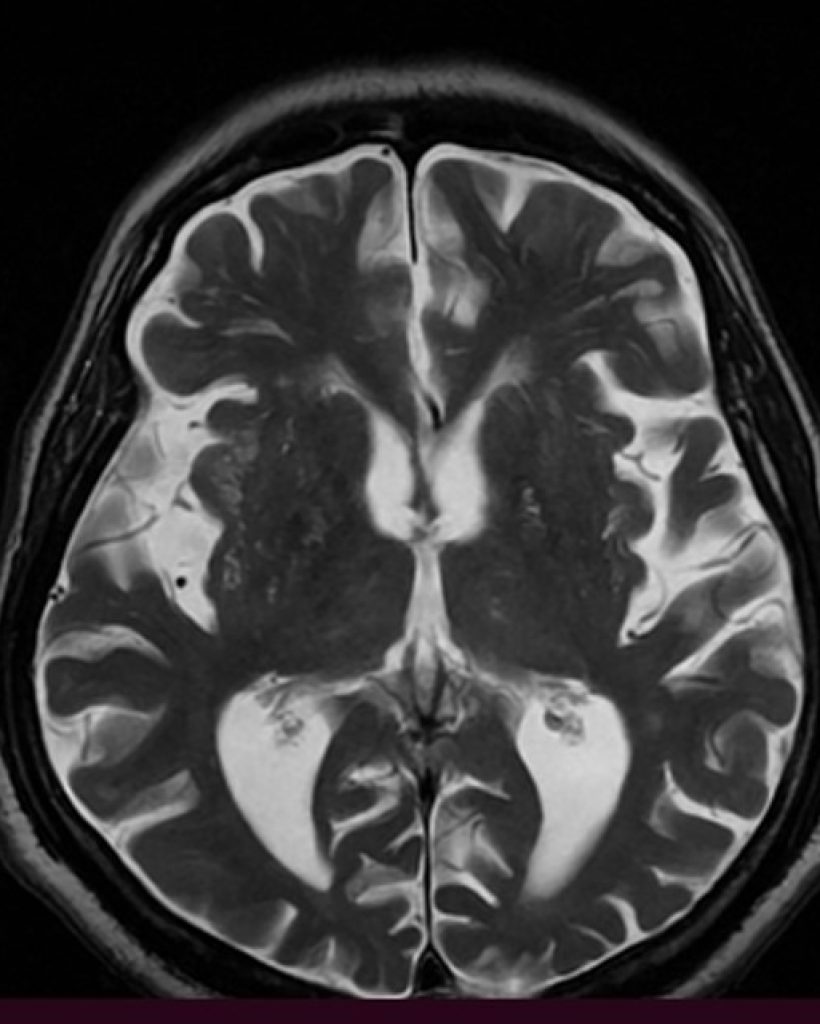
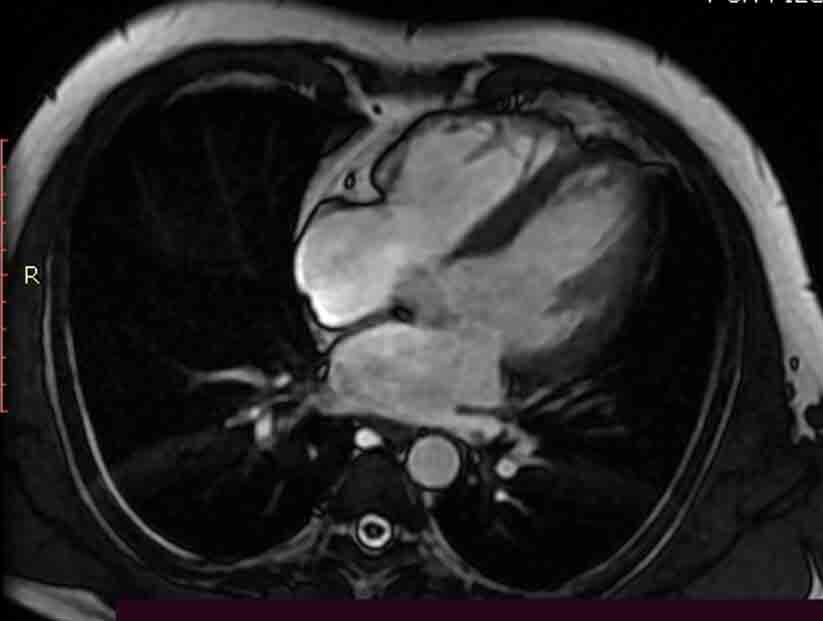

MRI
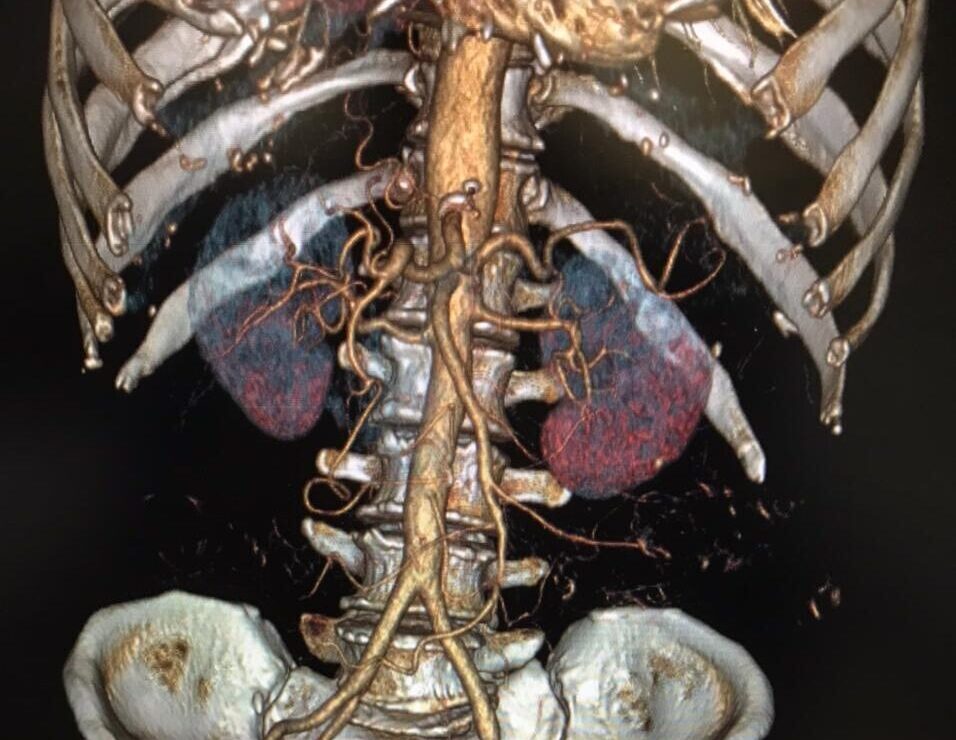
CT Scan
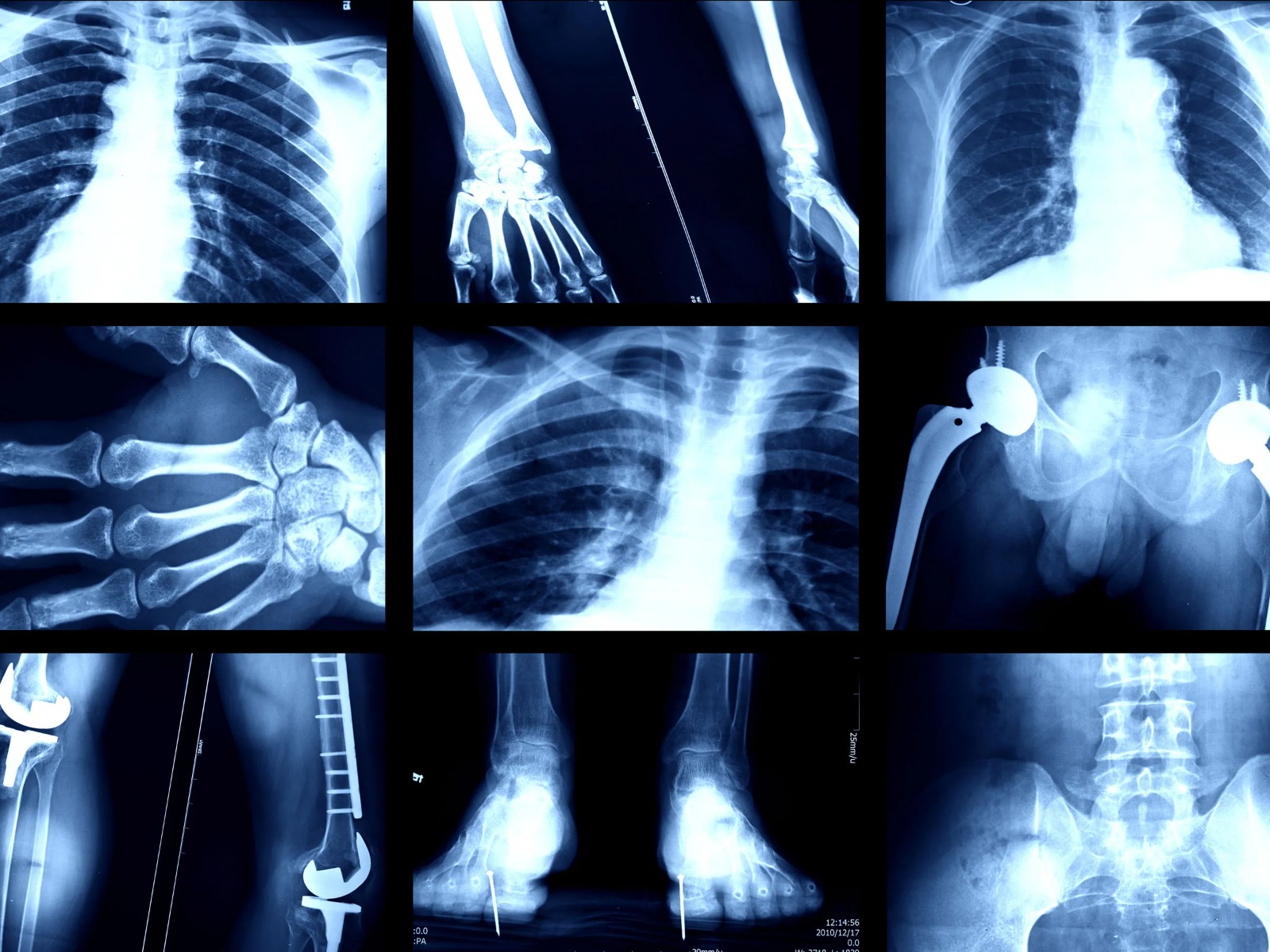
X RAY
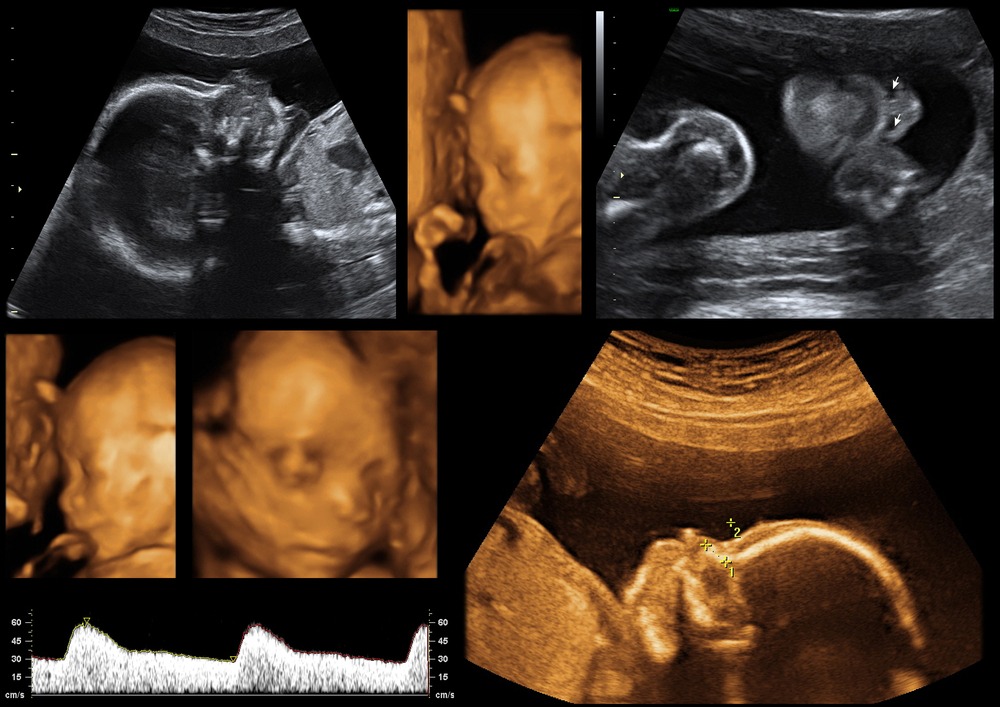
ULTRA SOUND
Emergency Calls Medical Care 24/7
Frequently Asked Questions (FAQs) about Radiology
Radiology is a branch of medicine that utilizes medical imaging techniques to diagnose and treat diseases and conditions. It involves the use of various imaging technologies to capture detailed images of the body's internal structures.
MRI stands for Magnetic Resonance Imaging. It is a non-invasive imaging technique that uses a strong magnetic field and radio waves to produce detailed images of the body's organs, tissues, and structures. It is particularly useful in examining soft tissues, such as the brain, spinal cord, and joints.
CT (Computed Tomography) scan is a diagnostic imaging procedure that uses X-rays and a computer to create detailed cross-sectional images of the body. It provides a more detailed view of bones, organs, blood vessels, and soft tissues compared to traditional X-rays.
Ultrasound, also known as sonography, is a medical imaging technique that uses high-frequency sound waves to produce real-time images of the body's internal structures. It is commonly used for imaging organs, monitoring pregnancies, and guiding interventional procedures.
3D baby imaging is a technique that captures three-dimensional still images of the fetus, allowing a more detailed view of the baby's facial features and body structures. 4D imaging adds the element of time, providing real-time video-like images of the baby's movements in the womb.
Yes, radiology procedures are generally safe. However, it is important to follow the recommended safety guidelines and inform your healthcare provider about any existing medical conditions, allergies, or pregnancy before undergoing any radiology examinations.
The duration of a radiology procedure can vary depending on the specific type of imaging and the area being examined. Some procedures, such as X-rays, can be completed within a few minutes, while others, like an MRI or CT scan, may take anywhere from 15 minutes to an hour or more.
